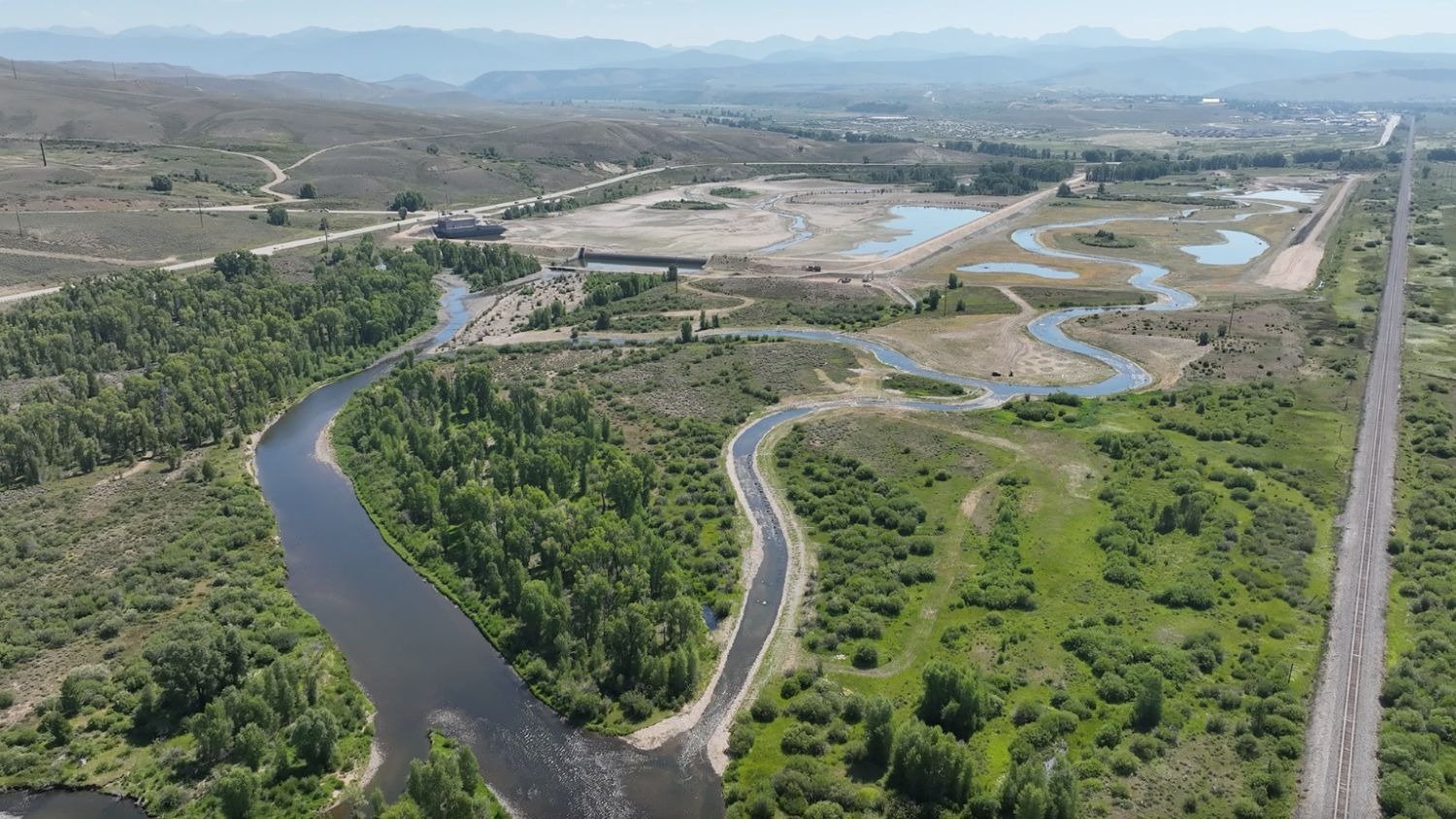Save-a-Stream
Did you know that according to a 2006 study by the U.S. Environmental Protection Agency, more than two-thirds of America’s streams are in "poor" or "fair" condition. Urban sprawl, environmental changes and pollutants have damaged so many of our streams that only 28 percent are currently deemed "good." Polluted streams are characterized by murky water, lack of species diversity, poor quality of plant life along the banks, erosion, barriers to fish movement and other factors. The need to clean up our streams for future generations is a legacy worthy of our time and investment today, which is why Trout Unlimited is a proud sponsor of Outdoor Life’s Save-A-Stream program. Outdoor Life is calling on volunteers across the nation to work on restoring their local streams, whether by simply cleaning up debris or doing substantial rechanneling. And they will help with supplies and materials to guide you on your way.
As a Trout Unlimited volunteer, you may know of a stream in your area that is in need of help. Submit photos or a video by June 30, 2009 along with a written description of the neglected body of water. Submissions will receive a free stream cleaning kit (while supplies last), and have an opportunity to appear in the pages of the December/January 2010 issue of Outdoor Life. Visit Outdoor Life's website for more details and to enter.
Together with Outdoor Life, we can make a difference. David M. Rogers Director of Volunteer Operations TROUT UNLIMITED







